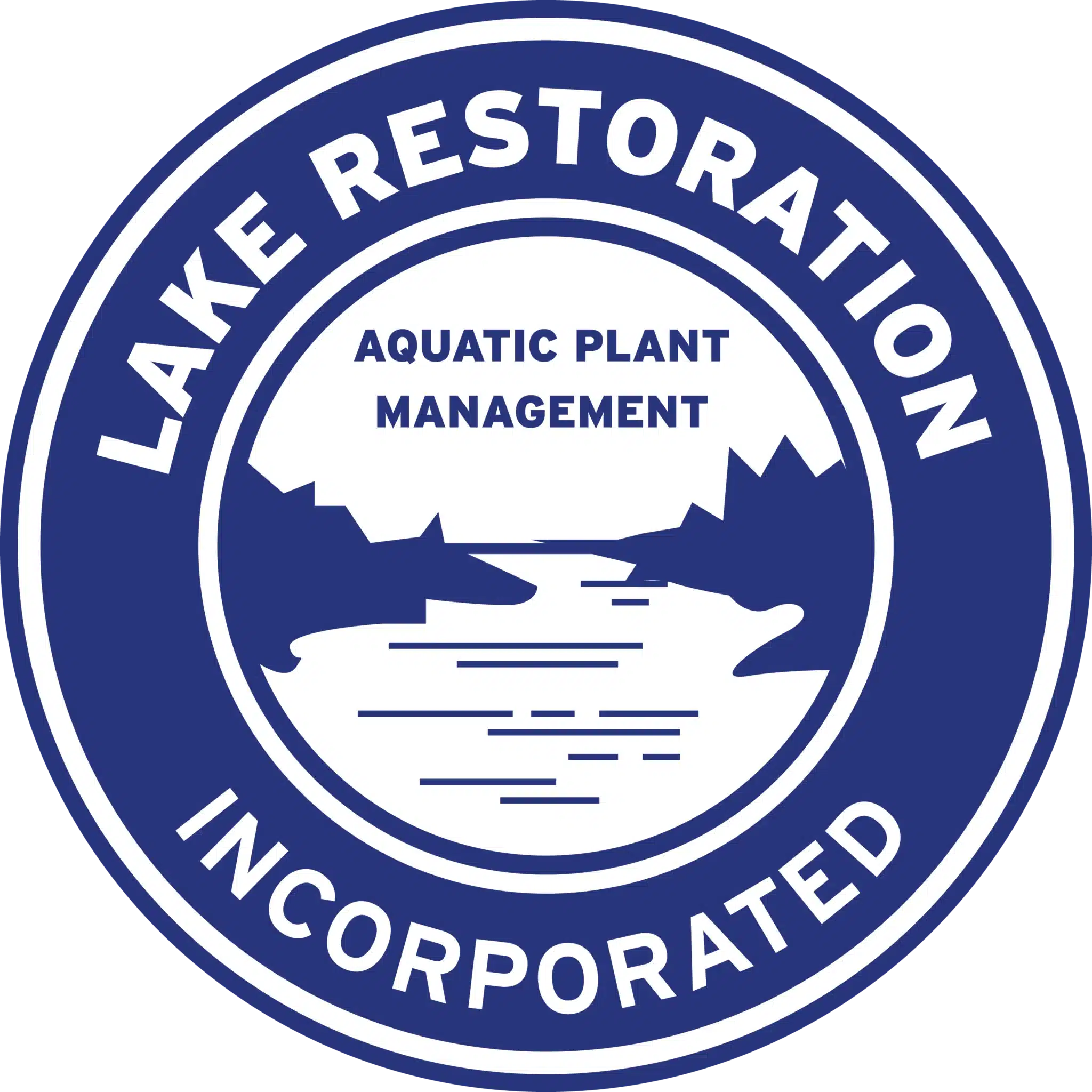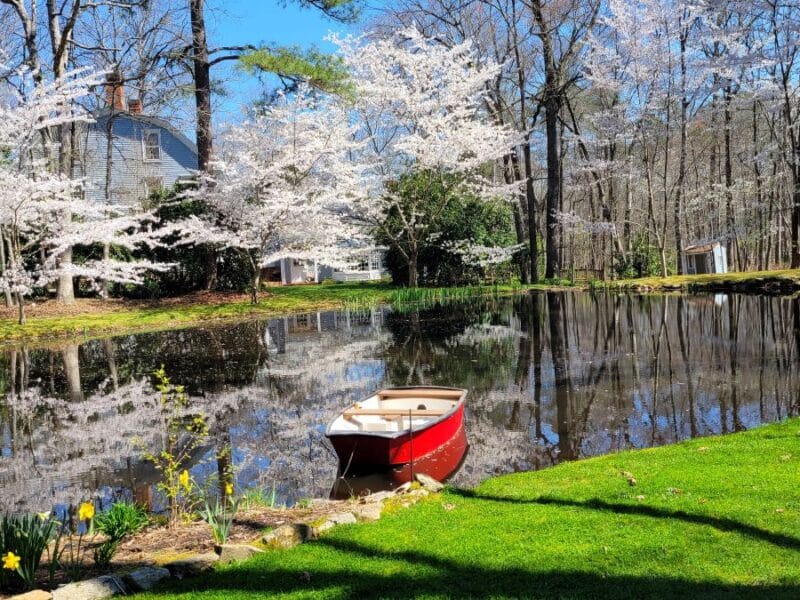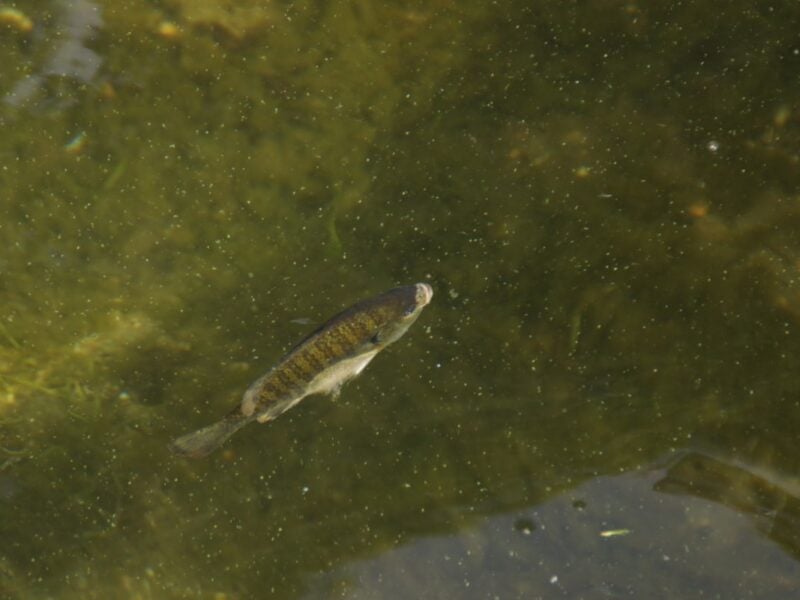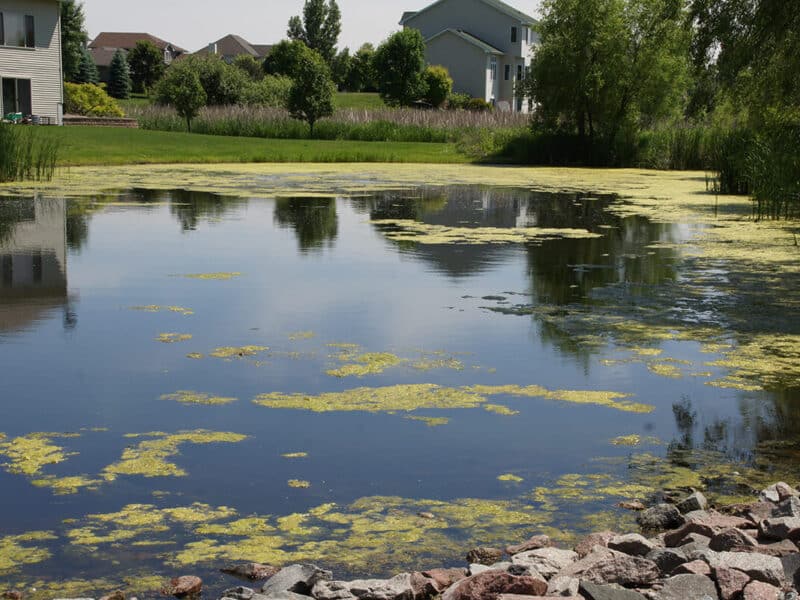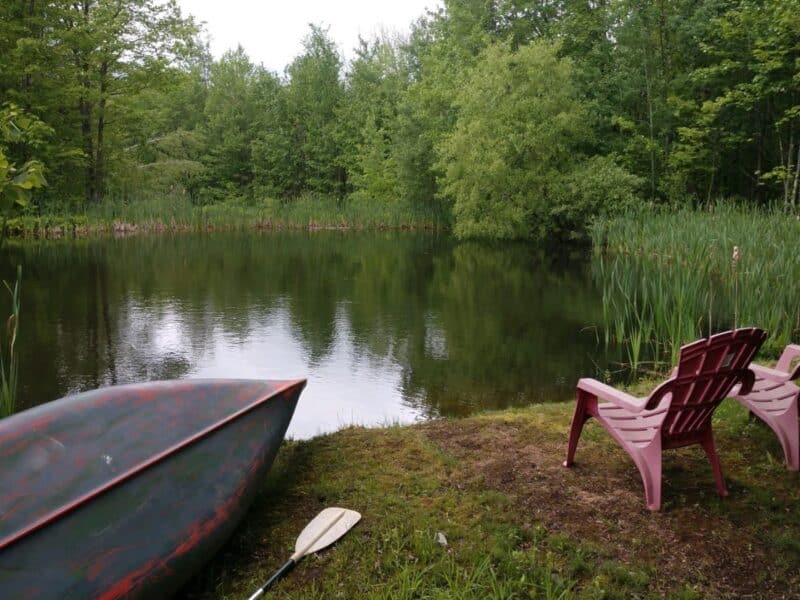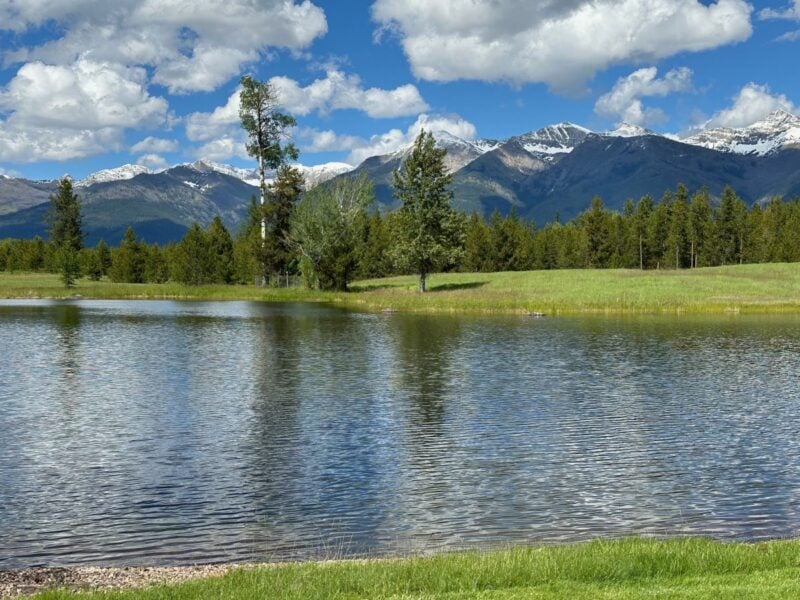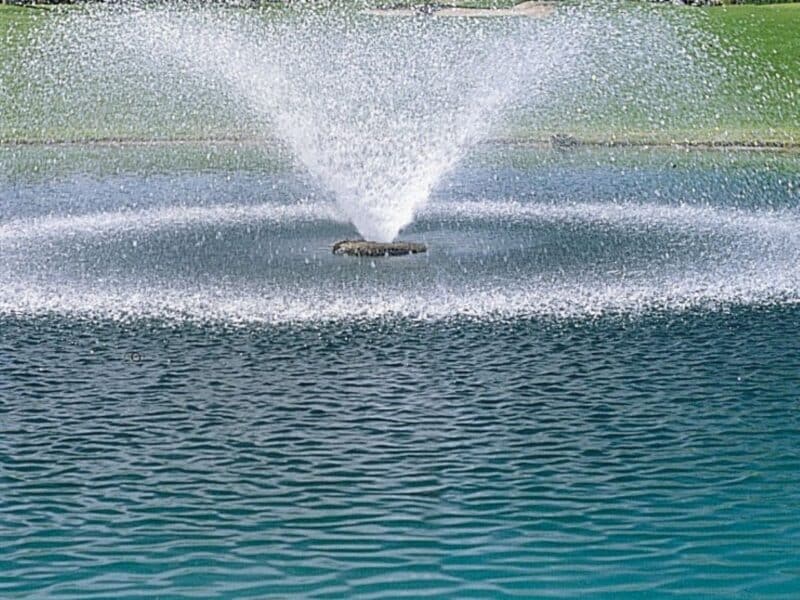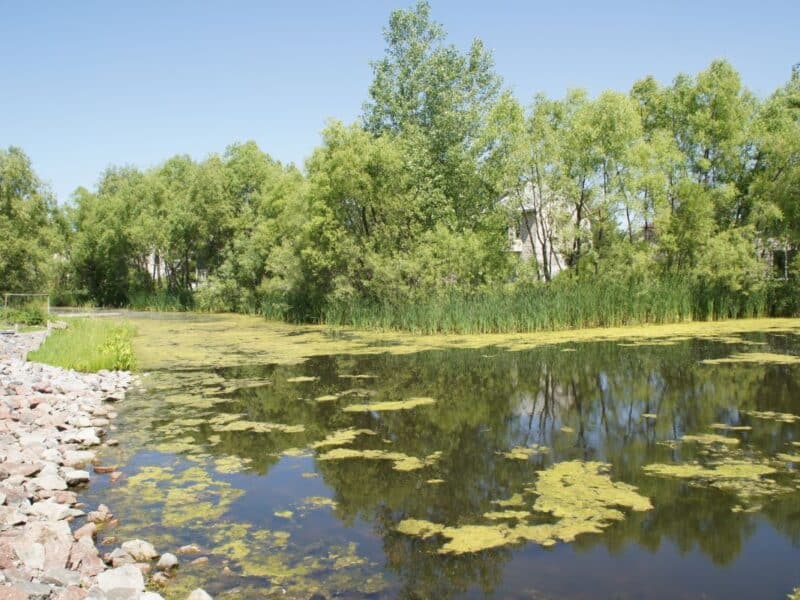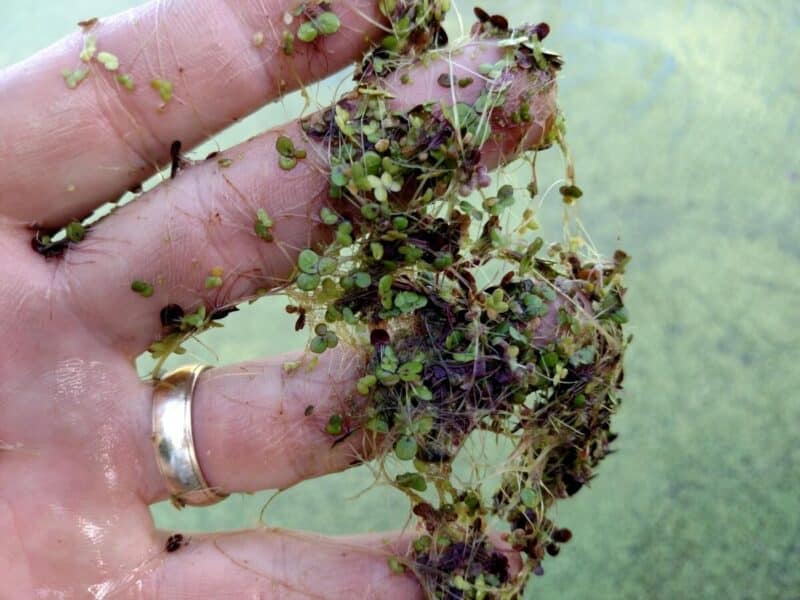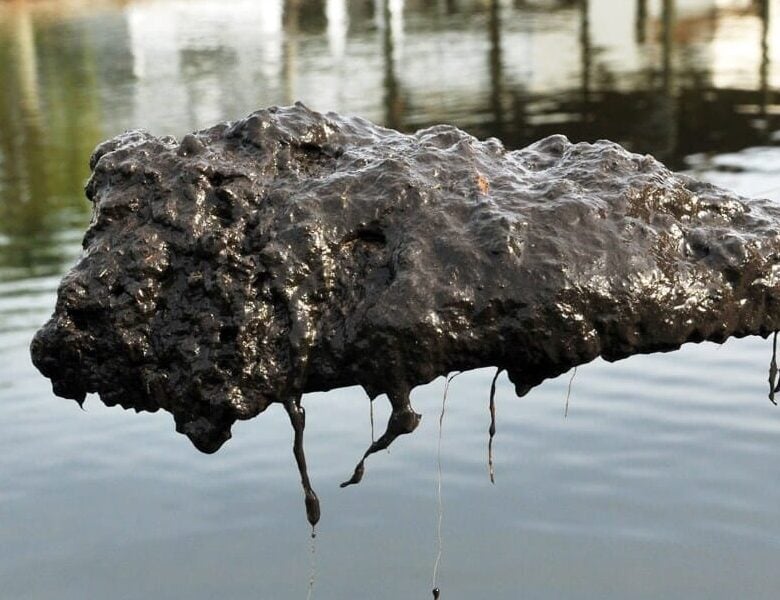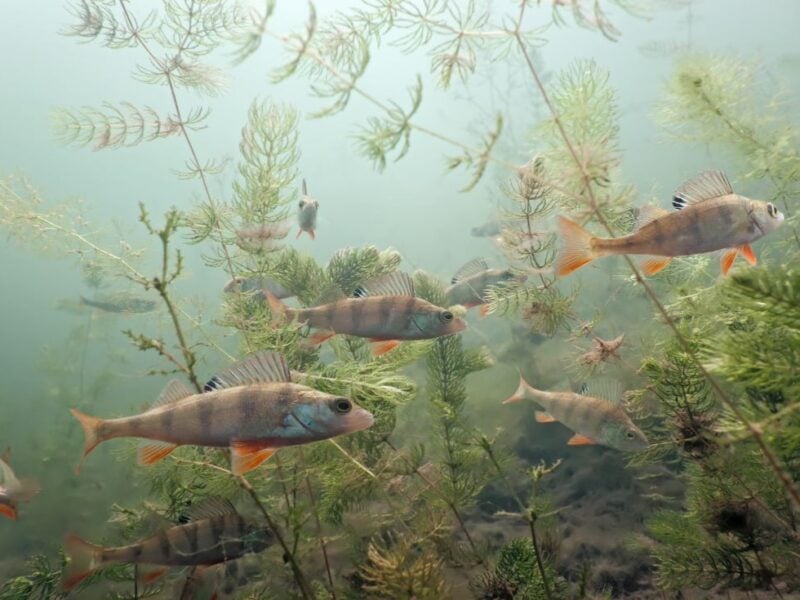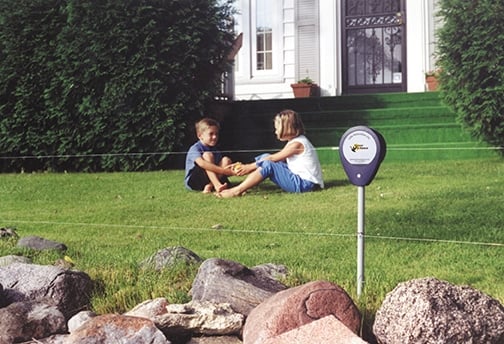Articles
Oxygen: The Most Important Element
Overview Aquatic plants and animals need oxygen to survive, and a water body needs it to stay healthy. One of the most common ways to determine how healthy the water is and how much life it can sustain is by detecting dissolved oxygen levels in ponds. As air and water mix at the surface, oxygen…
Why is pH Important in my Pond?
What is pH? pH is a measure of how acidic or basic (alkaline) water is. The pH scale ranges from 0 to 14, with 7 being neutral. Lower pond pH represents more acidity and higher numbers represent basicity. pH reflects how soluble different minerals and nutrients are (such as copper, lead, phosphorus, nitrogen, and carbon)…
How Does Algae Grow from Nothing?
Overview Algae are single-celled organisms that thrive in nutrient- and sun-rich water bodies. They photosynthesize to produce oxygen during the day and use oxygen in the water at night. Since they’re the bottom of the food chain, they are important to have; however, too many of them can cause oxygen depletion in the water and…
Nitrogen and Phosphorus in Ponds
Nitrogen and Phosphorus in Water Nitrogen and phosphorus are essential nutrients for the life of many organisms. Plants, animals, and humans need nitrogen; plants, animals, and microorganisms need phosphorus. Plants in the water absorb these nutrients through the water and the soil. More available nutrients foster more plant growth. Managing the nutrients in your water…
How to Keep Your Pond Healthy
Overview Knowing the right time to begin treating your pond is half the battle to having a balanced pond ecosystem. Of course, each situation is unique, but there are guidelines as to what should be done and when. Having the knowledge to properly care for your pond will make the treatment process streamlined and simple.…
Pond Fountain Guide
Overview Making the decision to add a fountain to a pond can be a big choice, but it doesn’t have to be overwhelming. There are steps to take that make the process smooth and simple overall. The best fountains are those that meet your needs of improving your water or experience. You can find a…
Types of Pond Algae
What Are Algae? Algae are single-celled, photosynthetic organisms that do not flower and lack roots, stems, leaves, and vascular tissue. The three main types of algae are planktonic algae (suspended in the water), filamentous algae (floating mats of algae on the water), and macroalgae/stoneworts (plant-like algae that grow in the water). Each type has its…
What is Duckweed, and is it Good?
Common duckweed, or Lemna minor, is a small flowering, floating plant that sits on the surface of still ponds or lakes. Identifying this plant is difficult and people often confuse it with watermeal. Duckweed, also called water lentils, can overwhelm an area if not controlled. This occurs because the plants grow incredibly fast and cause…
Pond Dredging | An Overview
What Does it Mean to Dredge a Pond? Dredging is a process done to remove muck from the bottom of a pond. Machinery is used to physically pull the material out of the water body and dispose of it somewhere else. This process is usually done by a professional company rather than individual homeowners because…
Is Pond Algaecide Safe for Fish?
What is an Algaecide? Algaecide is defined as “a substance that kills or inhibits the growth of algae” (dictionary.com). The most widely used algaecides contain copper as the active ingredient. Copper binds with the algae cells, quickly killing them. Lake Restoration’s best-selling algaecide, Mizzen, is a liquid formulation of the most widely used algaecide, granular…
Pond Dye: The Ultimate Guide 2024
Pond dye is used to enhance the natural color and beauty of your landscape, provide a natural pond shade, and improve water quality. This article will help you find the right pond dye for you. Pond dye is best used in conjunction with herbicide and algaecide applications. 3 Reasons to Use a Pond Dye A…
Pond Predators
When managing a pond, it is important to be aware of the many residents that will call it home. Birds, fish, amphibians, and rodents will flock to a well-kept pond. There will also be predators playing their part in the pond’s balanced ecosystem. You should make sure to monitor them and decide if you need…
Essential Pond Care and Management Tips
Backyard ponds can be a great source of beauty and enjoyment for many homeowners. Having a pond in your backyard often adds a feeling of tranquility to your property. However, ponds can quickly fall into poor health and degradation if not maintained. Proper upkeep and pond management requires a commitment from a well-informed pond owner.…
Prepare Your Pond for the Fall and Winter Months
It is a great idea to start winterizing your pond once the fall weather comes and the pond’s water temperature begins to approach 60 degrees Fahrenheit. The first step is reducing debris and other organic matter. Any organic material in your pond will decay during the winter and deplete the water of oxygen. Leaves, sticks,…
Preserving Lakes
By Kevin Kretsch, President, Lake Restoration Inc. This article originally appeared in Lake Management Magazine Managing the water quality of lakes can be a challenging job once invasive aquatic plants gain a foothold. But there are a variety of safe, cost-effective products and services on the market today that can help communities to preserve…
Aquatic Pesticides Water Use Restrictions
The table below details what to expect for water use restrictions after applying common aquatic pesticides. Always consult the product label of the pesticide you are using for this information. Product Name Swimming Drinking Water Domestic Use Fish Consumption Irrigation – Food Crop Irrigation -Turf/Ornamental Livestock Watering …
How to Keep Geese Out of Your Yard
The Most Effective Way to Keep Geese Out of Your Yard Geese can cause a significant mess in your yard. They are coming to your lakefront or pond because you are close to a body of water, making it a convenient spot for them to be, since they can be close to a food source.…
LAKEMAID Lake Weed and Muck Removal Machine
Did you know there is a way to remove unwanted lake weeds and muck in as little as 24 hours? You can do this with help from the LAKEMAID® lake weed and muck removal system from Lake Restoration! You won’t have to strain yourself by removing weeds by raking them with a traditional lake rake.…
Using Nutrient Reducers to Help Slow Down Algae Growth
If you are like most people with a pond, you may be in a constant battle with algae and pond weed growth during the warmer months of the year. This is because aquatic plants thrive in warm weather and the conditions that it brings to your pond. Lack of water movement can create a buildup…
Using a fountain in your pond to keep water clear and lively
Have you ever looked at your pond or water feature and noticed that it looks a little… lifeless? You may even notice a foul smell coming from your pond. You are treating for weeds and algae, but you’re wondering if there is something else you can use to keep your pond healthy. Poor pond health…
